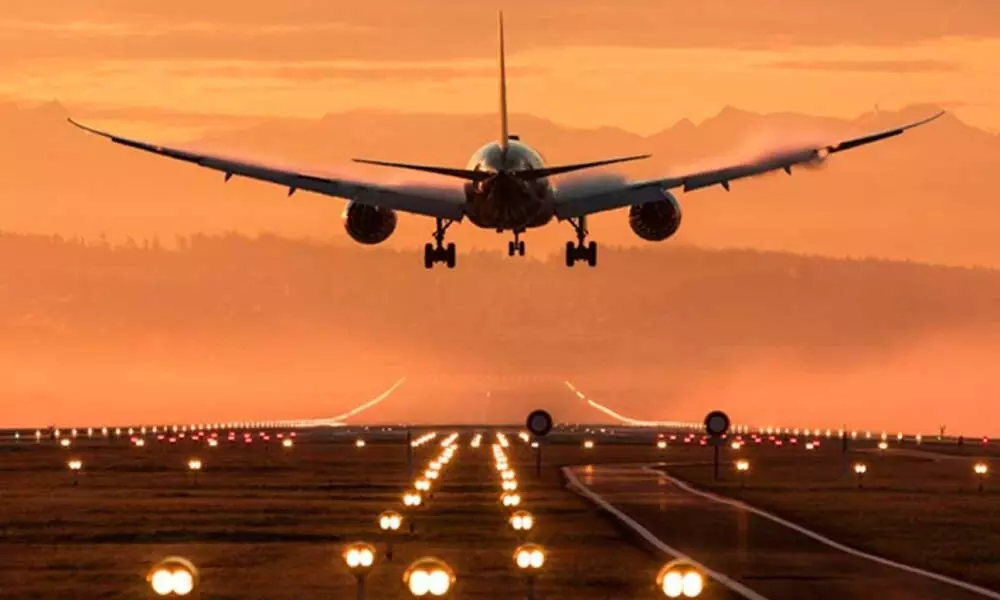Permanent enforcement of fare bands may be dampener on Aviation industry
The permanent enforcement of fare bands may prove to be a huge dampener on the Aviation industry as a whole, weakening sentiment for the regulated market, Motilal Oswal Financial Services said on Tuesday.
image for illustrative purpose

New Delhi, Jan 12 The permanent enforcement of fare bands may prove to be a huge dampener on the Aviation industry as a whole, weakening sentiment for the regulated market, Motilal Oswal Financial Services said on Tuesday.
In its report of the Indian aviation sector, the brokerage said that though temporarily the regulated fare market may not be impacted as airline fares in CY20 (calendar year) had a lower floor and cap than the one imposed by ministry of civil aviation (MoCA), the lowering yields and rise in input cost particularly on account of rising crude prices could pose severe challenges to the industry.
In the wake of the coronavirus outbreak, the aviation ministry has implemented a cap on domestic airfare that is to remain effective till March 31.
Under the regulations, based on duration of a flight, airline routes have been classified into seven categories. The base minimum airfare of domestic flights in each category ranges has also been fixed from Rs 2,000 to Rs 6,500 and the maximum range from Rs 6,000 to Rs 18,600. Airlines have to make available 20 per cent (earlier 40 per cent) of total seats in an aircraft at less than the midpoint price between the highest and lowest fares.
The brokerage report said the reduction in total seats to be sold under median price band had raised the weightage average airfare for companies, the reduction passenger load after the October peak along with 14-21 per cent drop in airfares in November and December will create an environment for further stress in the sector.
India has a huge order book of more than 500 planes coming in over the next 3-4 years. And, with domestic air travel demand extremely elastic to railway journeys, airlines would have to compete on fares to fill their seats, the brokerage report said, making a case for removal of regulated pricing.
"We reaffirm that optimism over the vaccine could certainly result in increased flying confidence. Also, the reopening of physical offices would require migrant employees to fly back to their job cities," the report said.
"At the same time, we believe domestic passenger growth would be slower going forward (than seen over the last seven months) -- particularly from business travel and foreigners travelling on domestic routes. This is attributable to long-lasting changes in demand demographics from Covid," it added.
The report cautioned that Covid penetration going ahead would be a determining factor for the health of the sector as increase in cases results in decrease in air travel.

